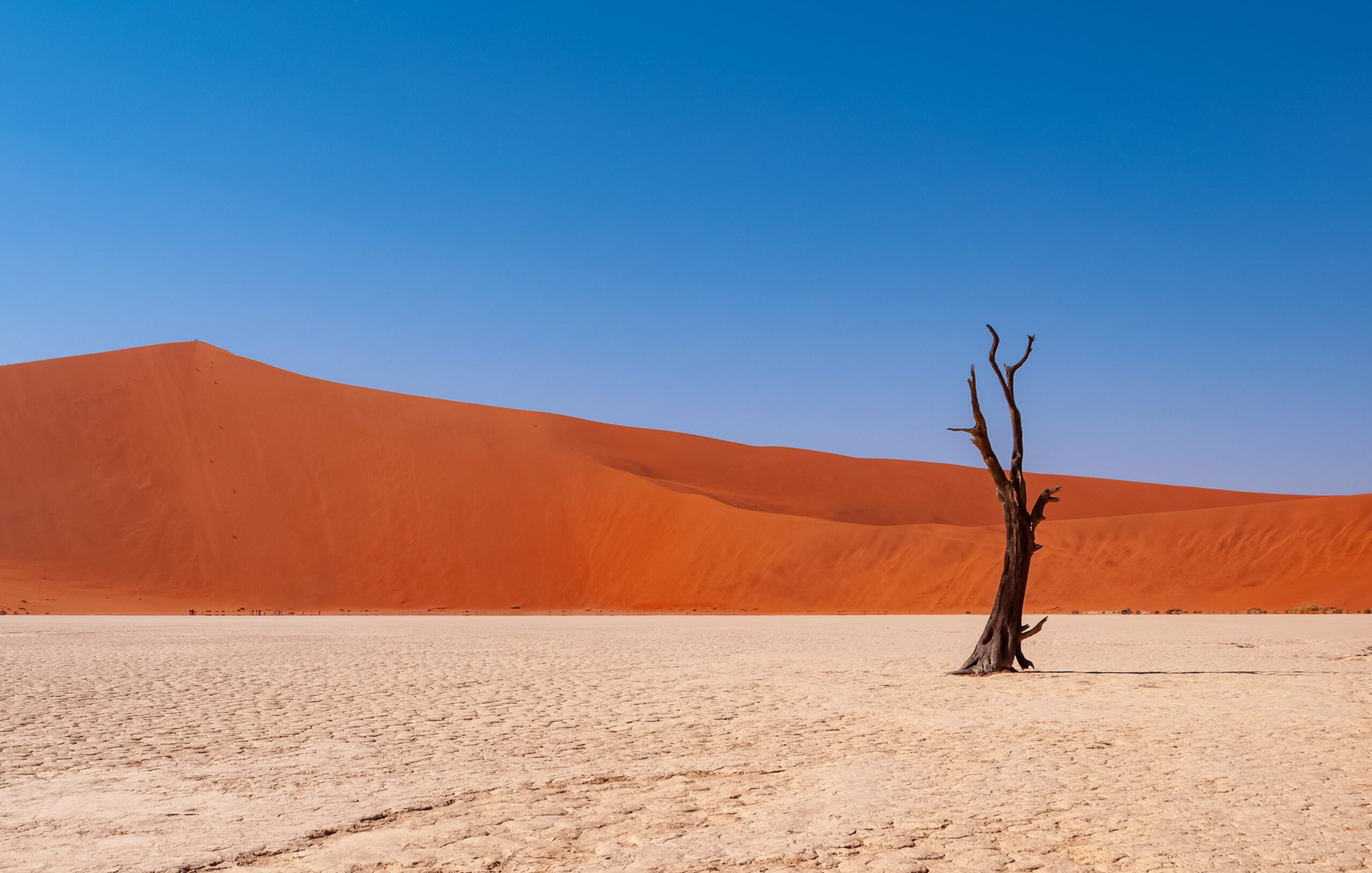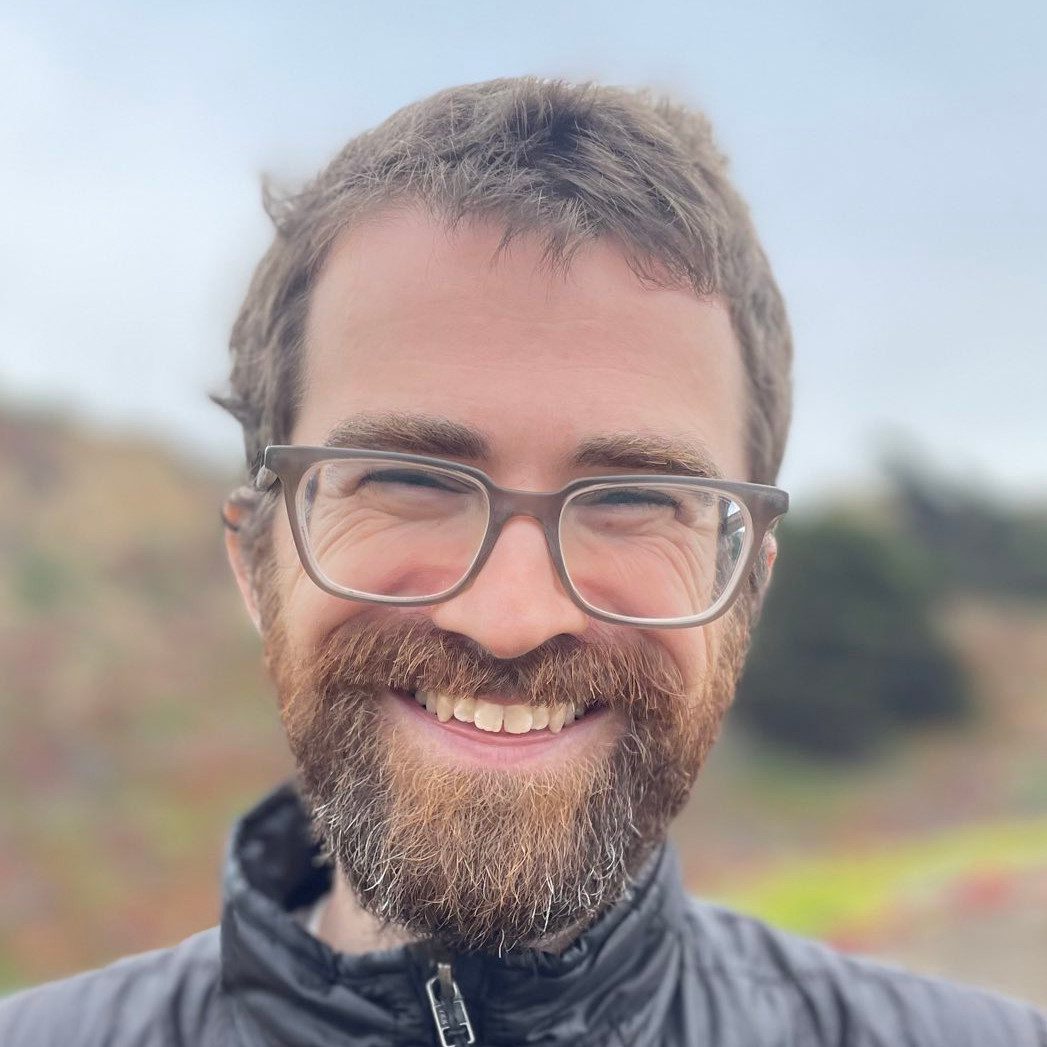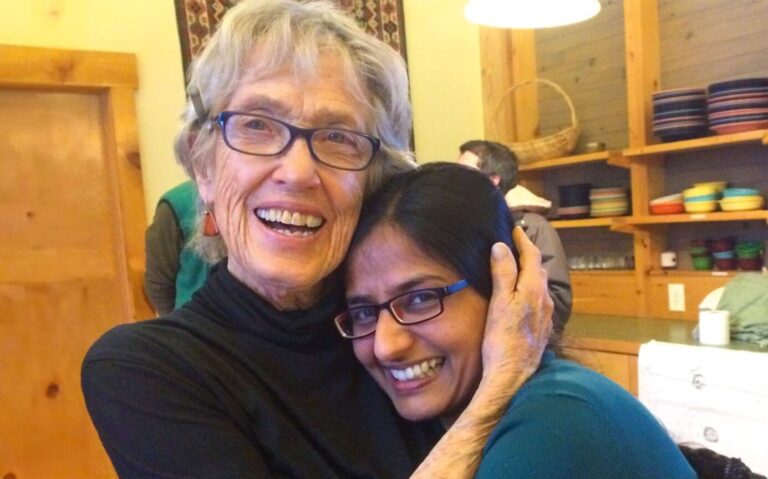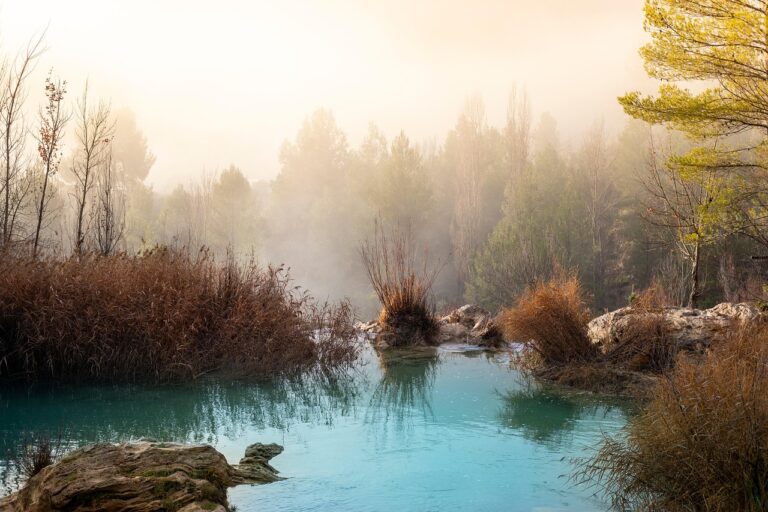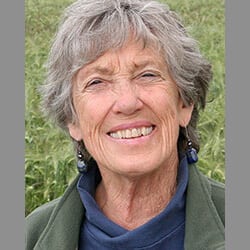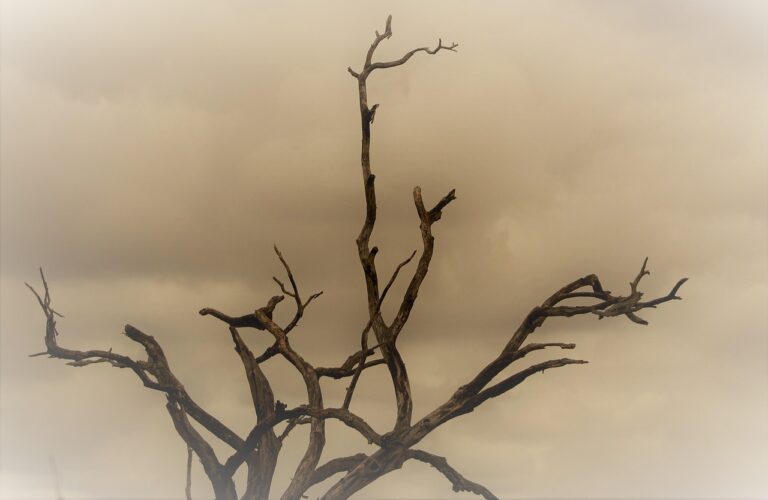Have you ever experienced ecological loneliness?
We might experience ecological loneliness as feeling isolated within the human-built environment and separated from nature. Alternatively, it can refer to the isolation we experience in trying to connect with others about escalating ecological crises all around us. Focusing here on this second form, we at One Earth Sangha frequently hear from our community that it’s surprisingly difficult to discuss climate change and related topics even with close family and friends. There’s an elephant in the room, and many will go to great lengths to avoid talking about it.
By and large, we are silent not because we are ignorant, but because we are suffering.
This dissonance can be painfully lonely. All around us we see people and institutions behaving as if sea level rise, extreme weather, species loss, and other environmental harms simply aren’t occurring. If these phenomena are acknowledged at all, they’re often treated as “engineering problems” that can be solved through incremental measures rather than a radical reorientation of the dominant culture’s relationship with the biosphere. It can seem like denial is everywhere and no one wants to face the truth—like the concerned few are left to carry the burden alone.
But is this the whole story? Is our ecological loneliness a result of an apathetic majority? Or is there another explanation?
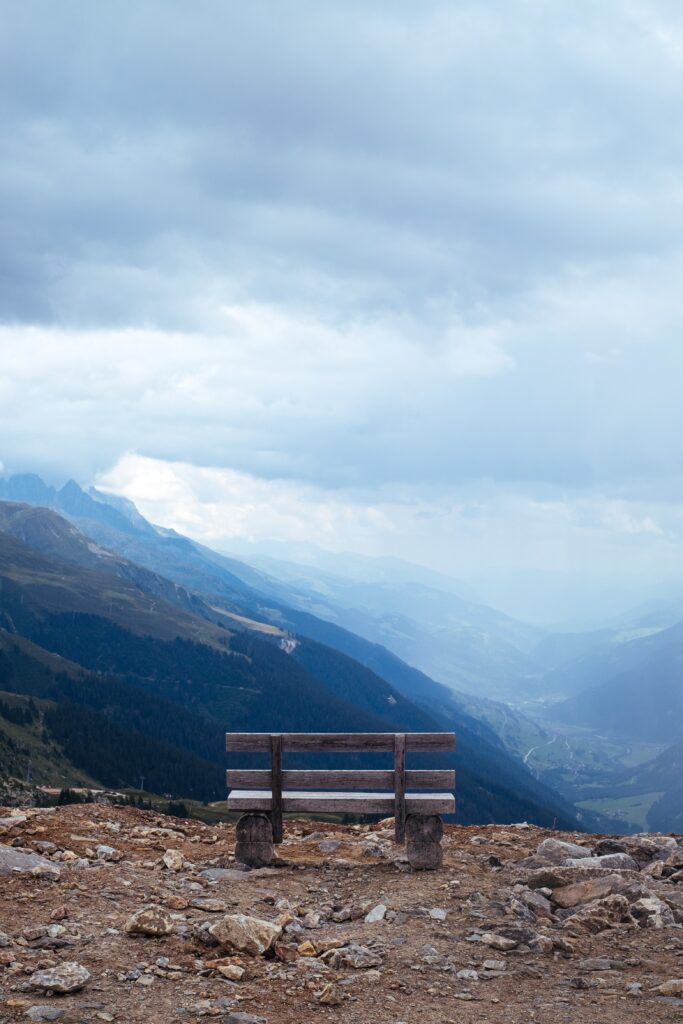
In his landmark 2019 paper, “Climate Trauma: Toward a New Taxonomy of Trauma“, Zhiwa Woodbury argues that climate change does not simply cause trauma in those who are materially impacted by it. It is itself a new order of trauma, one that is unfolding globally in the present tense, leaving none of us out. And like all forms of trauma, the crisis spurs us to dissociate. We can be overwhelmed with the desire to mentally escape. It can feel as if acknowledging the truth of our situation would destroy us.
Woodbury’s observations are backed up by data from other sources. Despite the seeming gag order on talking about ecological crises in our everyday lives, it is simply not the case that the majority of people dismiss the seriousness of our situation. A recent worldwide survey by the Yale Program on Climate Change Communication found that the great majority of people in all 110 countries surveyed think that climate change is real, and human-caused. And even in the fossil-fuel-friendly United States, the Six Americas Project concludes that 75% of people are “alarmed”, “concerned”, or “cautious” about global warming, while just 24% are “disengaged”, “doubtful”, or “dismissive”.
Woodbury’s analysis and the wealth of opinion data make one thing clear: by and large, we are silent not because we are ignorant, but because we are suffering. Our ecological loneliness is the result of the psychological and spiritual symptoms of ecological crises—our wounds are so great that it’s difficult even to speak about them.
There is great challenge here. But the Dharma teaches us that if we turn toward our suffering, it can blossom into compassion and rational engagement. Our loneliness itself contains its own antidote: because we know that others are suffering in the same way that we are, we can connect with them and find mutual relief. Rather than trying to educate, admonish, or fix those who are “ignoring the problem,” we can be conscious of the field of trauma we find ourselves in and reach out with kindness.
On our website you can find resources for breaking climate silence and connecting skillfully with others. In doing so, we can not only soothe the loneliness of ourselves and others but also build crucial skills for navigating ecological trauma and entering into right relationship with the living Earth community.

